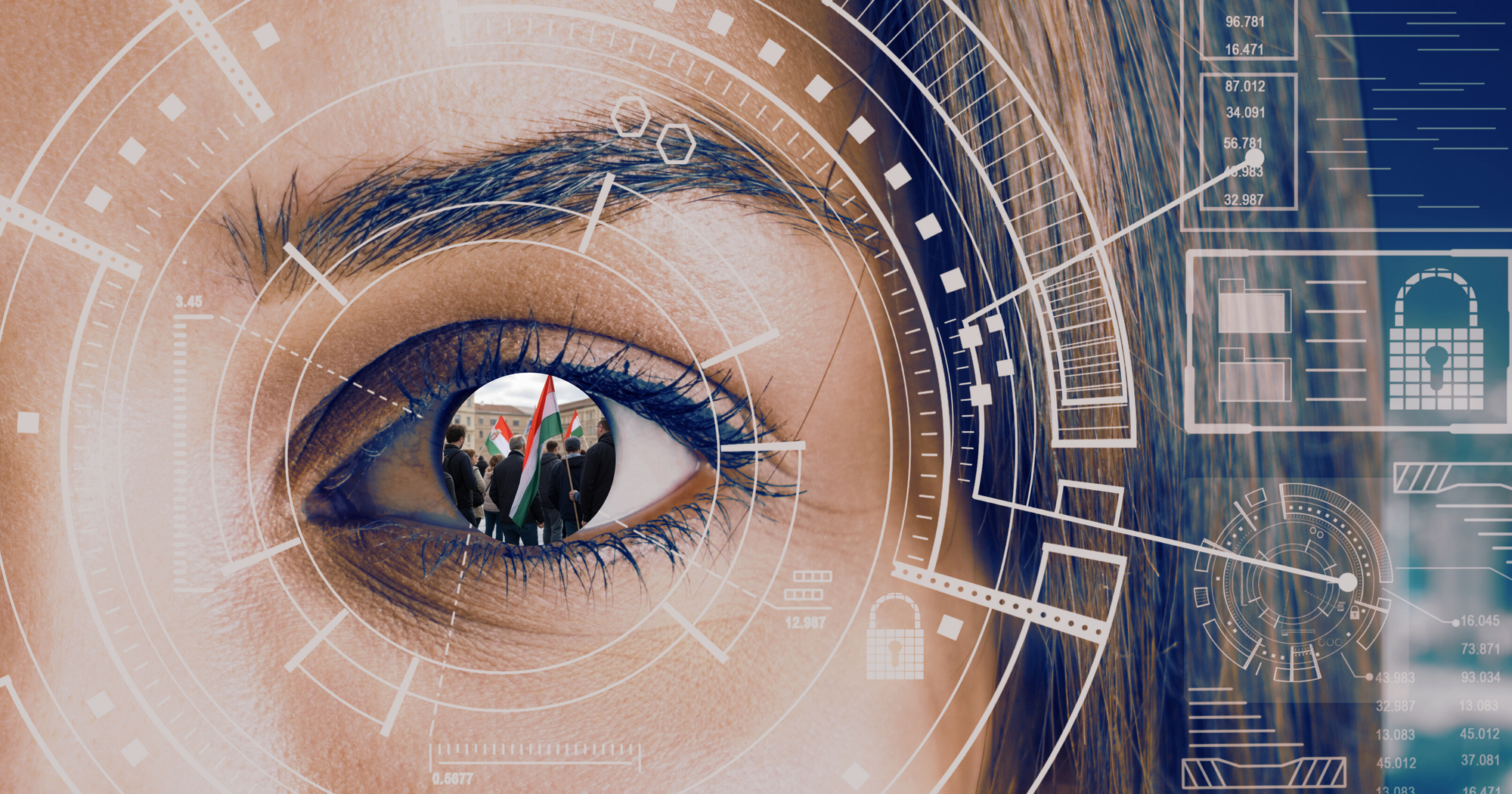Hungarian digital citizenship: software provided by Orban’s son-in-law?
Hungary’s digital ID system is under fire after it was revealed that its facial recognition tech is linked to PM Orbán’s son-in-law. Critics warn of surveillance risks, especially amid new laws allowing facial ID at protests and concerns over political misuse.

We wrote previously that the introduction of digital citizenship in Hungary may raise critical issues related to privacy and security. We have warned that the digital ID system might be used for surveillance if the control ends up in the wrong hands.
It has just been revealed that the software technology used for the facial recognition system of the state-run tool to identify citizens is provided by a company with ties to the Prime Minister’s son-in-law, István Tiborcz.
Facekom Ltd., which used to operate under a different name, has shown significant growth in recent years, mainly due to the investments of the Central European Opportunity Private Equity Fund. Although this fund is not directly linked to Tiborcz, it has many indirect links to his business network. It has been found that this company is now cooperating with a state-controlled company that handles sensitive biometric data.
The use of facial recognition software in Hungary has been heavily under debate, especially with regard to the recently adopted laws that allow its use at demonstrations and related to the rights of people to assemble. The Hungarian government claims to be using this technology to protect children, but it is questionable how detecting the participants of an anti-government rally serves this purpose.
What is more, using a private company with ties to the Prime Minister’s family in an area that interferes with personal data and the private sphere of citizens raises even more ethical questions. Such systems can then be used not only for public safety but also for the surveillance of political rivals, the intimidation of protesters, and the manipulation of elections.
Viktor Orban and his party now seem to be in trouble with the surfacing of a new party that has surpassed the governing party in recent polls, so it would be no surprise if it was a deliberate goal of the government to spy on its own citizens. When we raised the issue more than half a year ago, we were wondering whether we see a Chinese type of digital citizenship, and it seems that the Orban government is not shying away from using the methods of the CCP.
Using facial recognition software by a state would require transparency and strict regulations to avoid abuses like this. Hungary’s track record is questionable.
